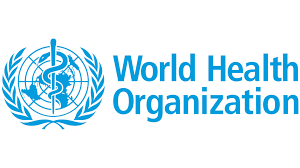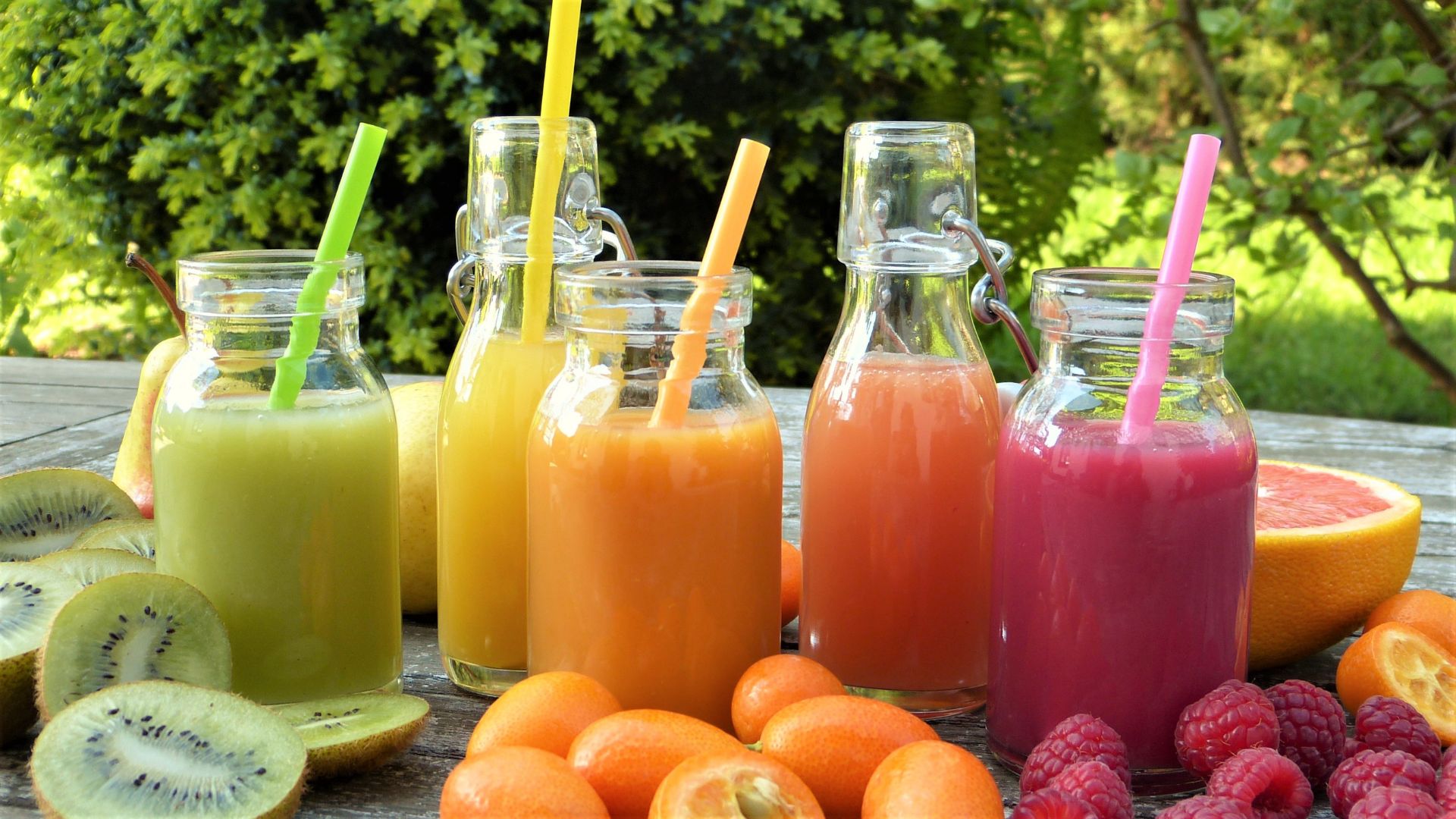New WHO Fiscal Policies to Promote Healthier Diets
In June 2024, the World Health Organization (WHO) introduced new guidelines on fiscal policies designed to promote healthier diets. These guidelines include recommendations for taxing sugar-sweetened beverages (SSBs) and certain foods to encourage healthier eating habits and reduce the prevalence of diet-related diseases.

Overview of WHO Recommendations
The WHO strongly suggests implementing policies to tax sugar-sweetened beverages (SSBs). SSBs are defined as non-alcoholic beverages containing free sugars, including carbonated and non-carbonated soft drinks, fruit and vegetable juices, nectars, liquid and powder concentrates, flavored waters, vitamin waters, energy and sports drinks, ready-to-drink teas and coffees, flavored milks, and plant-based milk substitutes. You can read the complete WHO Final Report here.
Classification of 100% Fruit Juices
The WHO guidelines include 100% fruit and vegetable juices in the category of sugar-sweetened beverages (SSBs), but this is a contentious issue. The International Fruit Union (IFU) argues that 100% fruit and vegetable juices should not be classified as SSBs because they do not contain added sugars; instead, they only have naturally occurring sugars from the fruit itself. The IFU emphasizes that 100% fruit juices provide essential nutrients, such as vitamins, minerals, and antioxidants, which contribute to a healthy diet. Including them in the SSB category could mislead consumers and potentially discourage the consumption of these nutritious beverages. Therefore, the IFU advocates for a clear distinction between 100% fruit juices and other beverages with added sugars in any fiscal policies aimed at promoting healthier diets.
Implications for the Future
The implementation of these guidelines could have significant implications for the fruit and vegetable juice industry. Taxing SSBs, including certain juice beverages, may lead to increased prices, potentially reducing consumer demand. However, this could also drive innovation within the industry, encouraging manufacturers to reduce sugar content and develop healthier alternatives. Additionally, the guidelines may promote greater transparency in labeling, helping consumers make more informed choices about their beverage consumption.
Final Thoughts
In conclusion, the WHO’s guidelines on taxing sugar-sweetened beverages represent a proactive step towards combating diet-related diseases and promoting healthier eating habits. While the fruit and vegetable juice industry may face challenges due to potential price increases and shifts in consumer demand, there are also opportunities for innovation and improved product offerings.
We are dedicated to helping our customers adapt to these changes, ensuring their operations remain at the forefront of health and sustainability. Trust CFT to be your partner in navigating these industry shifts and driving positive change.
